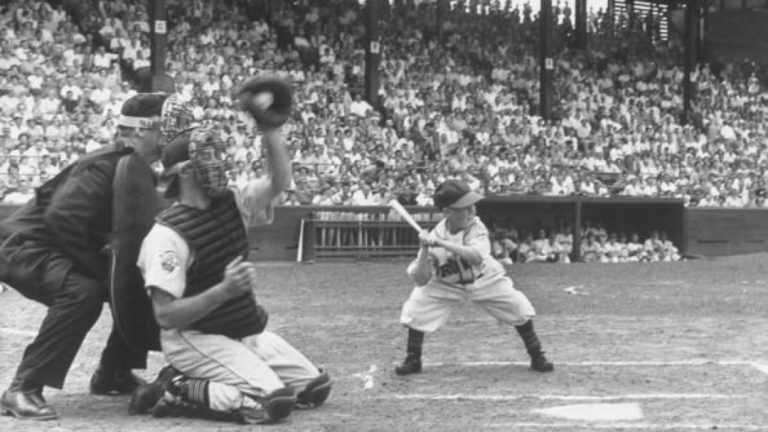Illinois Born “Boys of Summer” – Mike Kreevich
We are continuing our profile of major league players born in Illinois. Mike Kreevich Michael Andreas Kreevich was born in Mount Olive, Illinois on June 10, 1908. He was a small person at five foot seven and began working in the coal mines in 1924 at 16 years of age. The…



